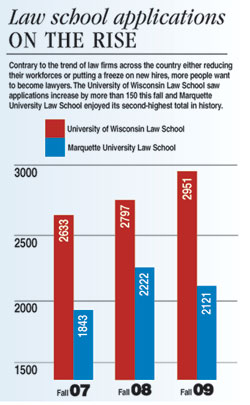CST and Health Care
I’ve been guesting at PrawfsBlawg this month and, inspired by a paper that I am in the process of completing about subsidiarity and the response to the economic crisis, have posted about the importance of encouraging decentralization in decision making, including in health care reform.
Writing at Mirror of Justice, Rob Vischer responds, arguing that health care is different, perhaps falling into that category – identified by John Paul II in Centesimus Annus – of the “needs and common goods that cannot be satisfied by the market system.”
I am in partical agreement. There is nothing about health care that, in and of itself, frustrates the operation of markets. It is not a natural monopoly and there are no intrinsic externalities or “tragedies” of the commons.
The problem, it seems to me, is that health care is like food. There are many goods that people can do without, but some are necessary for survival. We are reluctant to allow people to starve and we don’t want to simply allow those who get sick to die.
This does, I think, require public and private intervention in the market. My suggestion is that considerations of subsidiarity suggest that increases in subsidies may be preferable to increases in centralized control of the provision of services.


 On September 17, I participated in the Constitution Day program at the Law School. All of the presenters were asked to discuss one part of the United States Constitution that is often overlooked. My choice was the “republican form of government” clause, Article IV Section 4, which reads as follows: “The United States shall guarantee to every state in this Union a Republican Form of Government . . . .”
On September 17, I participated in the Constitution Day program at the Law School. All of the presenters were asked to discuss one part of the United States Constitution that is often overlooked. My choice was the “republican form of government” clause, Article IV Section 4, which reads as follows: “The United States shall guarantee to every state in this Union a Republican Form of Government . . . .”